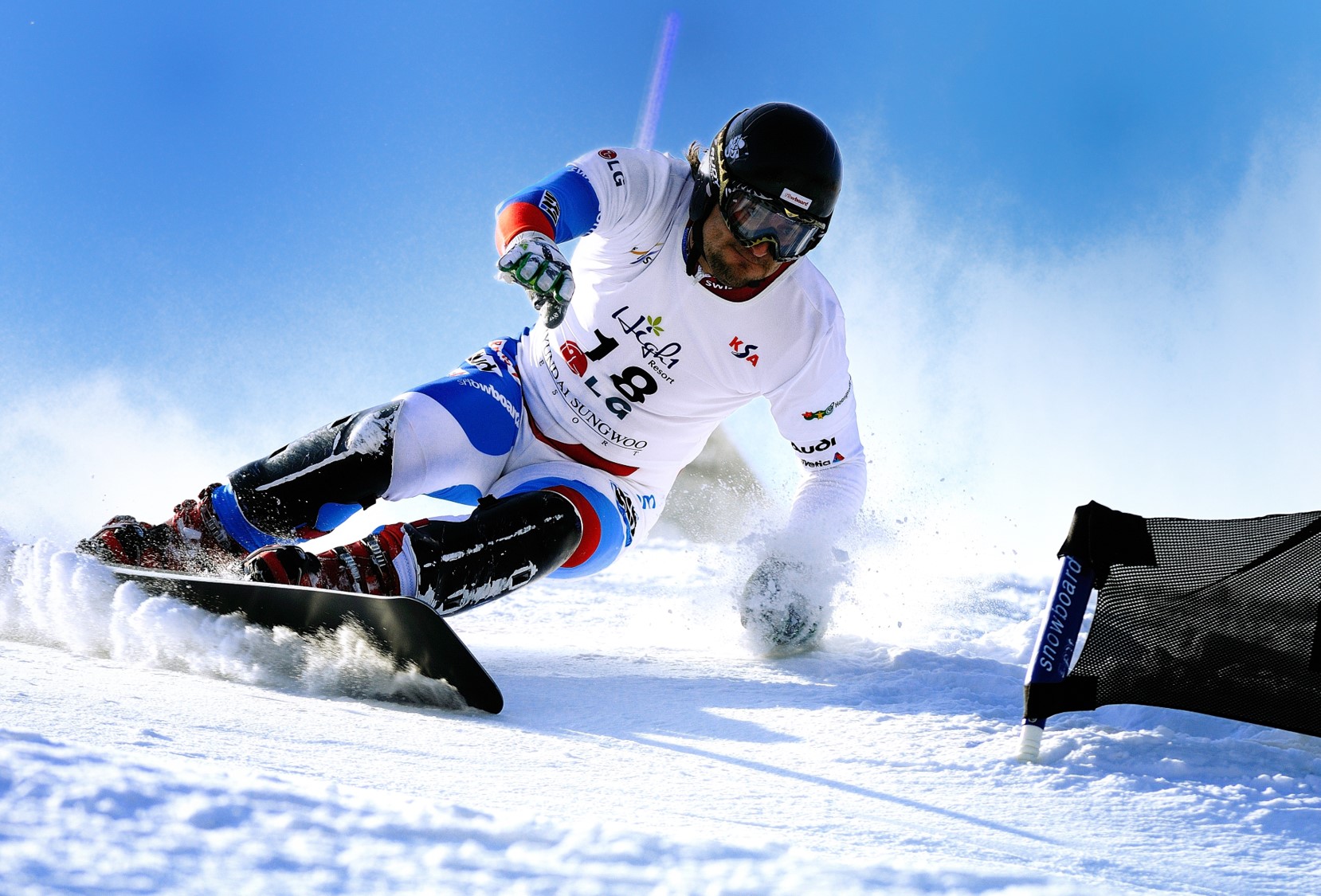With weeks to go before the opening of the PyeongChang Olympics and Paralympics, the International Olympic Committee (IOC) gave the nod to North Korea’s participation in the Olympiad.
IOC President Thomas Bach, South Korean and North Korean IOC members and high-level inter-Korean representatives agreed on the forming of a unified team between the two Koreas for the first time in Olympics history in a meeting presided over by the IOC president in Lausanne, Switzerland, on Jan. 20. North Korean IOC member Jang Woong, said during his meeting with the media on his return home from the Swiss meeting in Beijing on Jan, 23, he was satisfied with the IOC approving North Korea’s 46-member contingent to the PyeongChang Olympics.
According to the deal, South Korean and North Korean athletes will enter Olympic Stadium under the Korean unification flag at an opening ceremony. Twelve North Koreans will join 23 South Korean players to form a 35-member unified women’s ice hockey team.
Three North Koreans will be allowed to participate in each ice hockey game. North Korean athletes are permitted to participate in four other disciplines, including figure skating, short track speed skating, cross country skiing and alpine skiing.
True to the Olympic spirit of promoting peace, North Korea’s participating in the upcoming Winter Olympic Games will be remembered as an Olympiad of Peace as the Korean government, the PyeongChang 2018 Organizing Committee (POCOG) and IOC had hoped.
PyeongChang 2018 will open Feb. 9 for a 17-day run with a record number of participating athletes. A total of 102 gold medals are up for grabs, becoming the first-ever Winter Olympics with more than 100 gold medals. The POCOG said the PyeongChang Olympics will be remembered as “Olympics of Peace, IT and Culture” to become the biggest-ever global sports extravaganza in the world.
The 1988 Seoul Summer Olympics, held 30 years ago, contributed to alleviating severe conformation between the East and the West. This iteration of the Olympics aims to be an Olympics that will contribute to ensuring peace on the Korean Peninsula, the last vestige of the Cold War. Korea’s preparations for the Games progressed flawlessly, with sporting facilities, transportation and other infrastructure in place.
Both Koreas showed signs of reaching a breakthrough in North Korea’s unexpected participation in the Olympics as North Korean leader Kim Jong-un offered an olive branch toward South Korea in his New Year’s message. High-level government inter-Korean talks ensured on Jan. 9. During the inter-Korean talks, the first talks in about two years, South and North Korea agreed to hold additional high-level meetings with North Korea agreeing to dispatch its Olympic team to PyeongChang.
South Korean Unification Minister Cho Myoungg-yon delivered a speech in which he called for the denuclearization of the Korean Peninsula during the high-level inter-Korean talks. North Korean chief delegate expressed displeasure with the speech.
South Korea’s agreement with North Korea to carry the Korean unification flag during opening ceremony instead of the national flag, Taegukki, and to send a Korean Olympic skiing team to the controversial Masikryeong Ski Resort in North Korea for joint training with North Koreans has come under public criticism, particularly from the conservative media and opposition parties. North Korea has agreed to dispatch a large-scale performance team to South Korea for next month’s Olympics.
While presiding over a meeting with senior aids at Cheong Wa Dae on Jan. 22, President Moon Jae-in called for the media and political parties to support in North Korea’s participation in the Olympiad.
President Moon was quoted as saying, “(North Korea’s presence) in itself and the inter-Korean talks for this end take on great significance.” He said the inter-Korean talks came at a time when inter-Korean ties dropped the worst level in recent years.
It remains to be seen if North Korea’s Olympic detente will lead to easing tensions on the Korean Peninsula, North Korea experts say. They maintain that the international community’s pressure to stop North Korea’s nuclear arms and long-range missile tests has forced North Korea to make a different decision.
They warned that North Korea may exploit its participation in the Olympics as a peace offensive and propagandas to promote its regime.
North Korea’s real motivation for its presence in the Olympiad will be made known when South and North Korea meet for additional talks to address inter-Korean issues, including the denuclearization of the peninsula, after Games are over.
_토마스 바흐 스위스로잔 남북대표단회의 확정.jpg)
IOC President Tomas Bach, South Korean Minister of Culture, Sports and Tourism Do Jong-hwan, and Chmn. Kim Il-guk of North Korean Olympic Committee hold a certificate of a deal on North Korea’s participation in the the PyeongChang 2018 Olympic Winter Games and Paralympic Games in Lausanne, Switzerland, on Jan. 20. (Photo: POCOG)
POCOG President Lee Hee-beom.
_장웅 북한IOC.jpg)
North Korean IOC member Jang Woong.
PyeongChang 2018 to be Remembered as ‘Olympics of Peace, IT And Culture,’
The PyeongChang Olympics will be an event armed with advanced ICT with a focus on five areas: 5G telecom network KT will demonstrate for the first time in the world; ultra high definition (UHD) TV; smart AI; and exciting virtual reality. People across the world will enjoy Olympic Games without language barriers by making the Games an Olympic event memorable for everyone around the world, and Gangwon-do a place worth visiting and revisiting.
Gangwon Province is preparing a diverse array of events to publicize its cultural values and drum up a festive mood in Korea to celebrate the countdown to the opening ceremony. In order to make PyeongChang the first cultural event in the history of the Olympics, Gangwon Province announced a plan in which athletes and visitors can enjoy culture everywhere they go.
The provincial government has set aside 58.2 billion won to present 41 programs in five areas, including performance and experiences/exhibitions under the theme “Cultural Aroma Soaks the World.”

